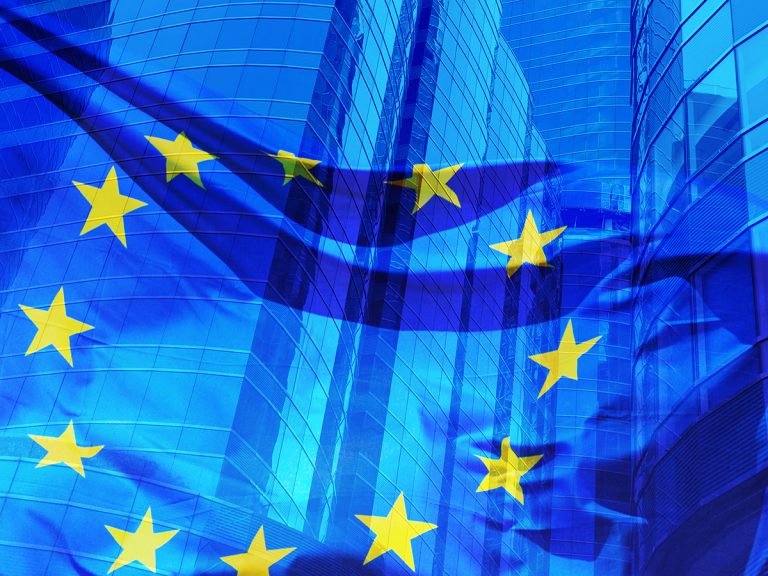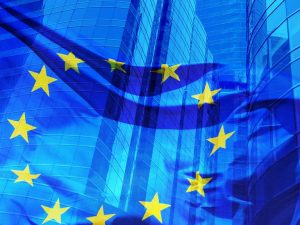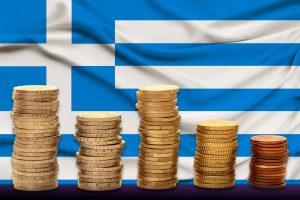Economic hardships and the high cost of living have made Greeks deeply polarized, pessimistic, and distraught, according to the recent Spring 2024 Standard Eurobarometer, with an overwhelming 82% describing the economic situation in the country as “completely bad”, in contrast to 58% of EU citizens who shared this sentiment.
On the Russian invasion of Ukraine, Greeks diverged substantially from their EU counterparts, as 50% were “dissatisfied” with the EU’s handling of the crisis, and 57% felt similarly about their own government’s response.
Greeks also appear to be among the most pessimistic about the future, with 44% believing the economic situation will deteriorate in the next year, compared to 38% who expect it to remain the same, and only 17% hopeful for improvement.
High inflation emerged as the main reason for the disillusionment of the Greek public opinion, as 52% of the respondents cited “rising prices and the cost of living” as the country’s most pressing issue, followed by 35% who pointed to the “economic situation.”
Greeks’ concern about inflation and the dire economic conditions also affects their expectations for EU intervention, with 44% calling for measures in “the economy (competitiveness, public debt)” and 41% focusing on “unemployment.” In contrast, only 25% and 21% of EU citizens, respectively, prioritized these issues.
Eroded Trust in Institutions
Greeks appeared highly mistrustful of the institutions, with 71% expressing a lack of confidence in their government, 70% in their parliament, and 52% in the EU. In comparison, the corresponding figures for EU citizens were 61%, 57%, and 42%.
Identity and Connection to Europe
When asked about their identity, 57% of Greeks saw themselves as Greek and European, while 42% identified as Greek. However, 55% felt “not at all” connected to the EU, whereas 98% felt “completely” connected to Greece and their specific region of origin.






